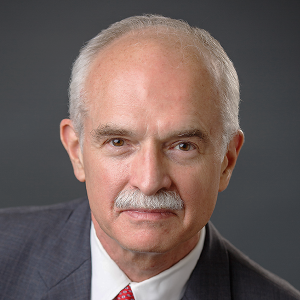Abstract
For many years, much of the sciences, both natural and social (including economics), has been dominated by a naturalist (or modernist or structuralist) worldview that generally assumes that the universe and life are purposeless and that mankind is simply a more complex, material version of all else in the natural world. In other words, an individual human is viewed as no more and no less than a system of molecular processes determined by natural physical laws. In this system, all human endeavor and ideas are determined solely as the product of a mechanistic, causal process of physical events.
The renowned scholar and author C. S. Lewis had become profoundly concerned with this issue as he witnessed the rise of total war and totalitarianism in the early part of the 20th Century, grounded in paradigms of ideas that he found pervasive in academia and among intellectuals more broadly. Was collectivism and the de-humanization of mankind inevitable or was it an error of ideas that could be addressed and refuted?
Although trained in classical and medieval philosophy and literature, rather than in economics, Lewis offers an important link with the work of such classical economists as Jean-Baptiste Say, John Cairnes, and Nassau Senior; Austrian School economists such as Carl Menger, Friedrich A. Hayek, Ludwig von Mises, Israel Kirzner, and Murray Rothbard; public-choice economists such as James Buchanan and Gordon Tullock; and those neoclassical and other economists who have similarly seen the embrace of positivism and scientism as contrary to the development of knowledge regarding human action. In examining the naturalist worldview, Lewis shows that material “facts” alone, however they may be defined, cannot provide any conclusion without some independent basis to evaluate such data. He claims that the analysis of any world requires the existence of scientists whose views are not mechanically determined by the world they are examining.
In so doing, Lewis clearly understands that reason, free will, and individual choice are not illusions; they are intrinsic and objective truths, nonnegotiable presuppositions, upon which human inquiry and science, truth and civilization rest. And such understanding necessitates a theistic dualism of both a material and immaterial, natural and supernatural, physical and metaphysical reality. In this regard, economics and other forms of science historically developed only as a result of the Christian insights into this dualism, and to deny the metaphysical basis for science, including the methodological individualism of economics, is to make science itself unintelligible and impossible. Lewis’s “argument from reason” shows that naturalism (along with its consequent scientism and methodological collectivism) is an erroneous and self-contradictory view that fails, and moreover breeds untruths that have led historically to repeated human folly and unspeakable horrors.







